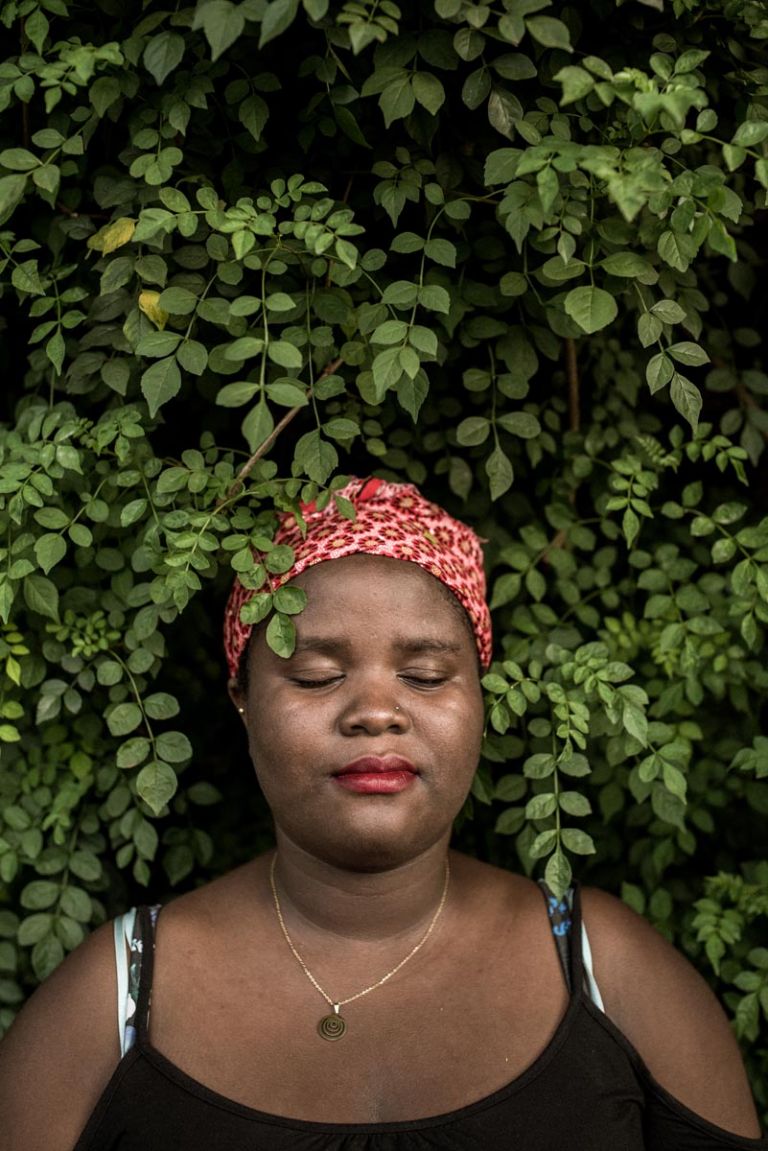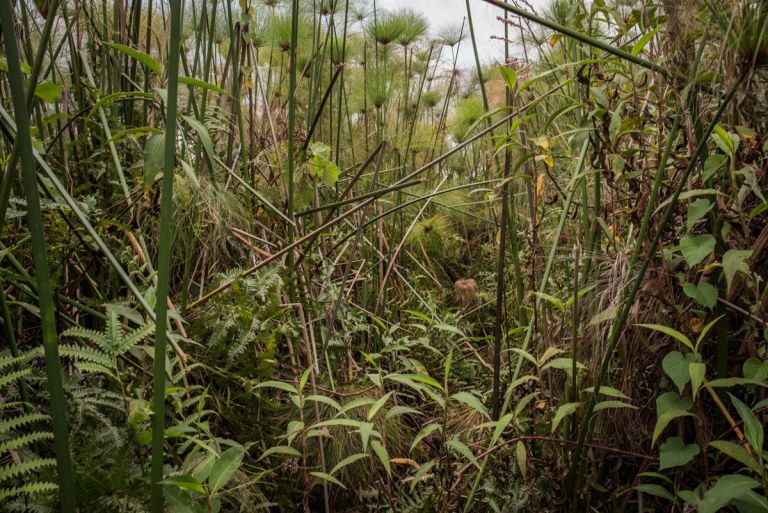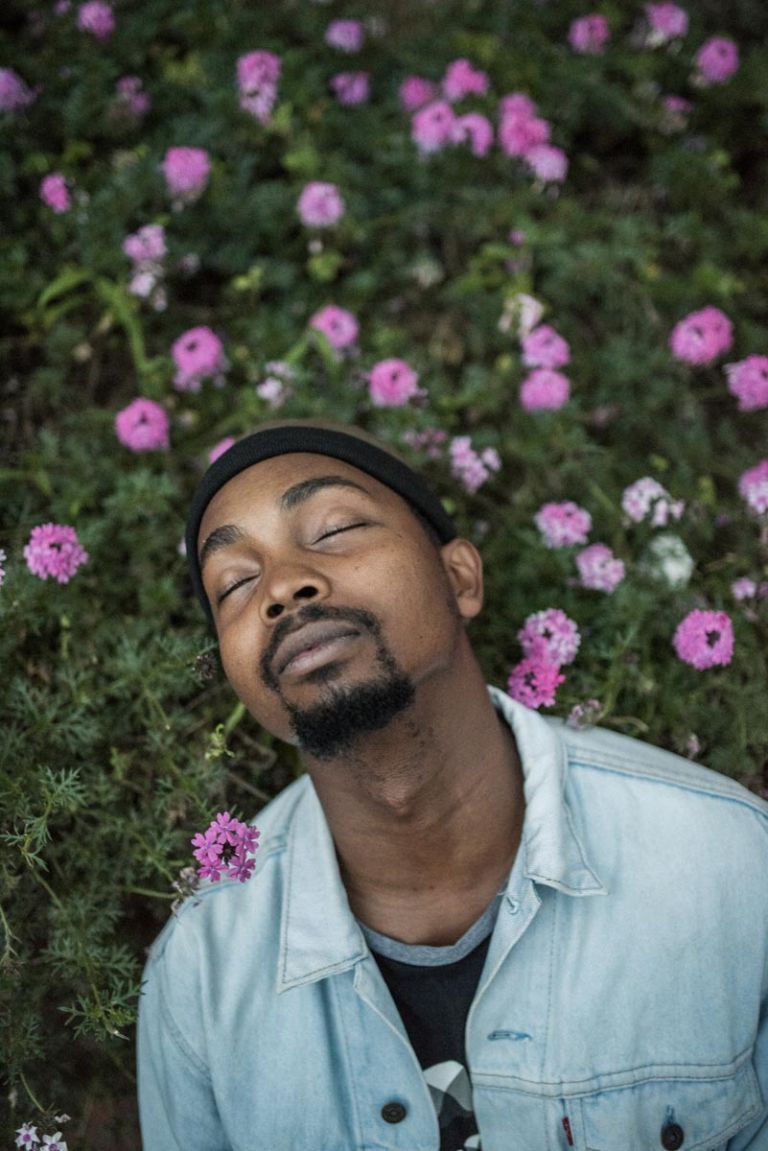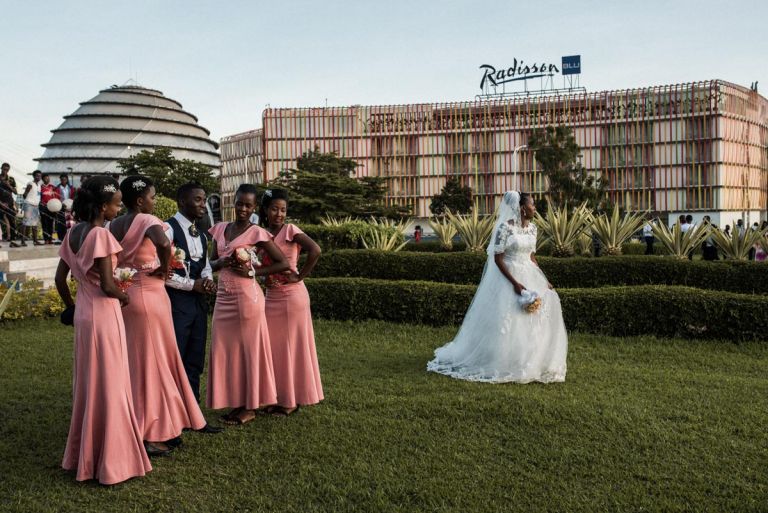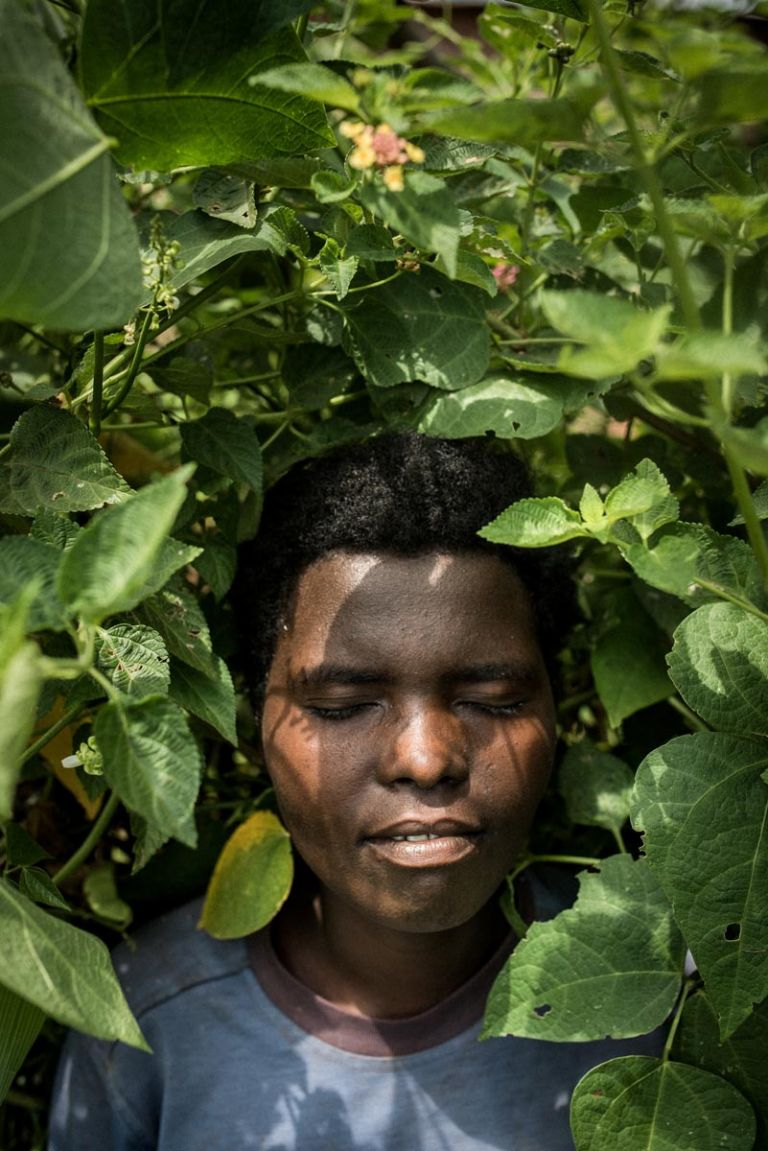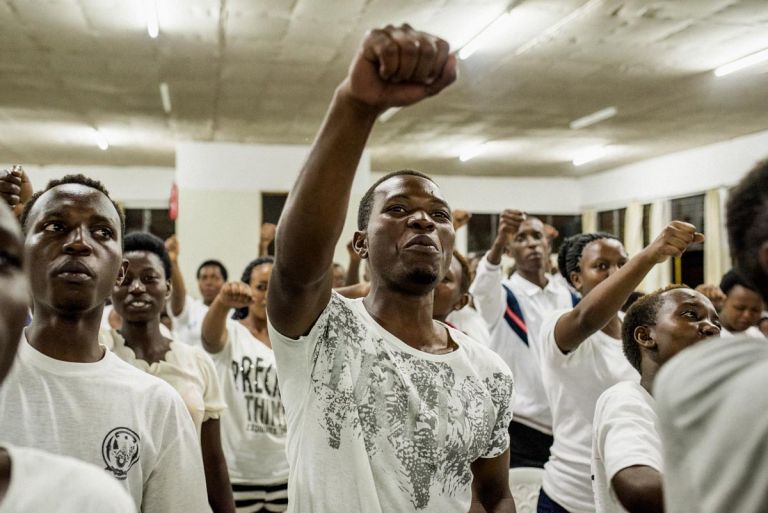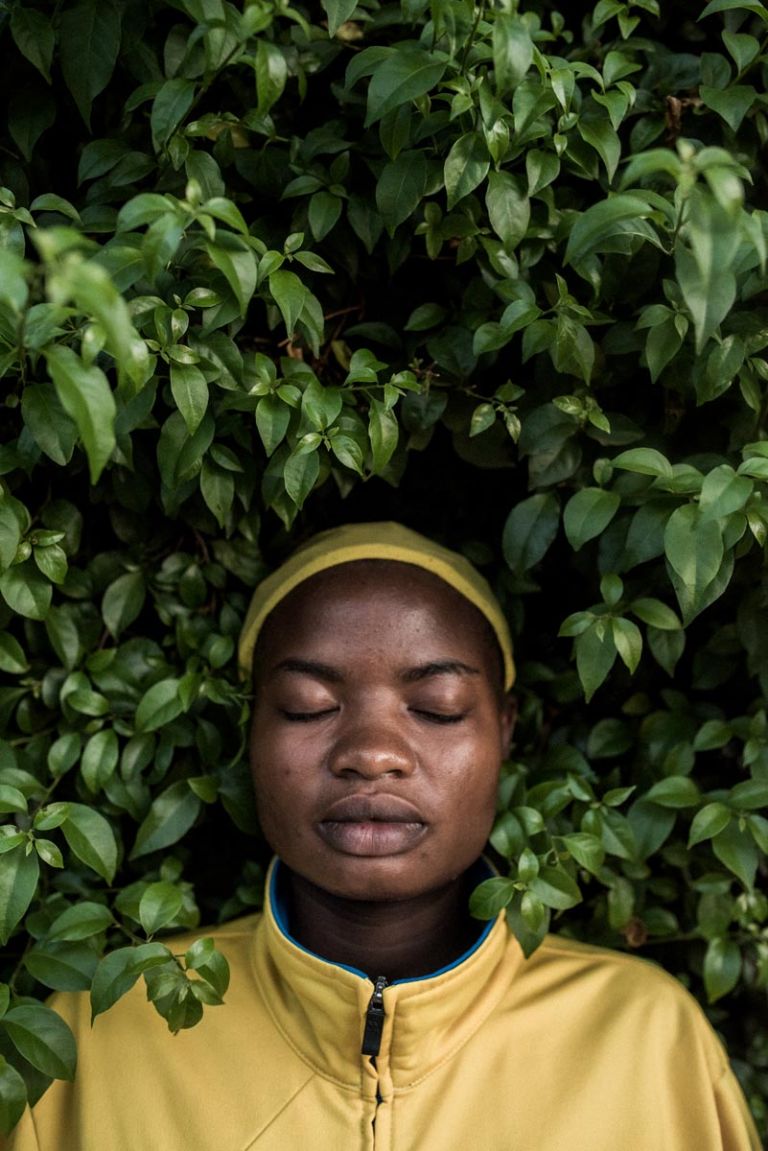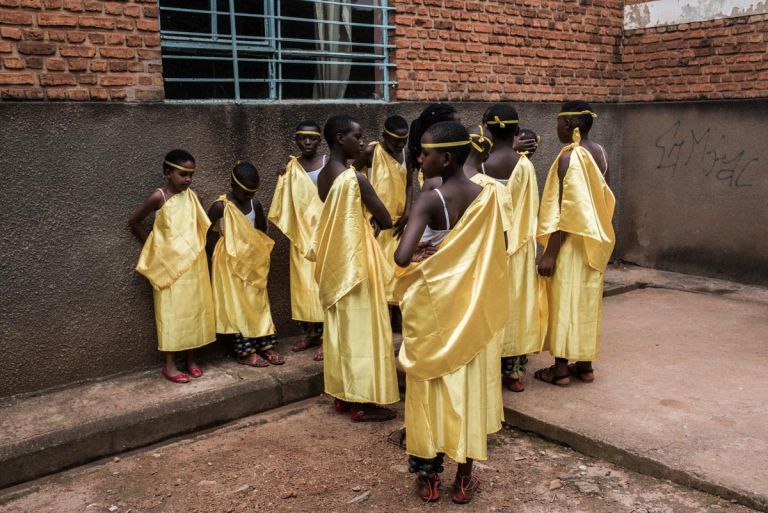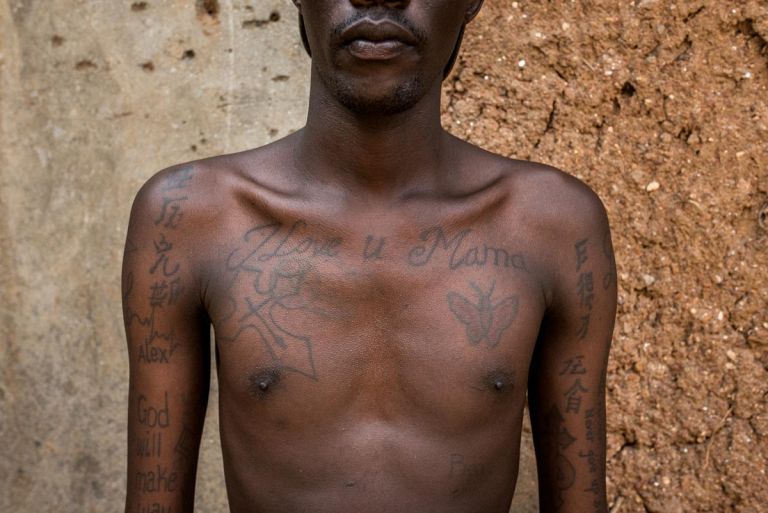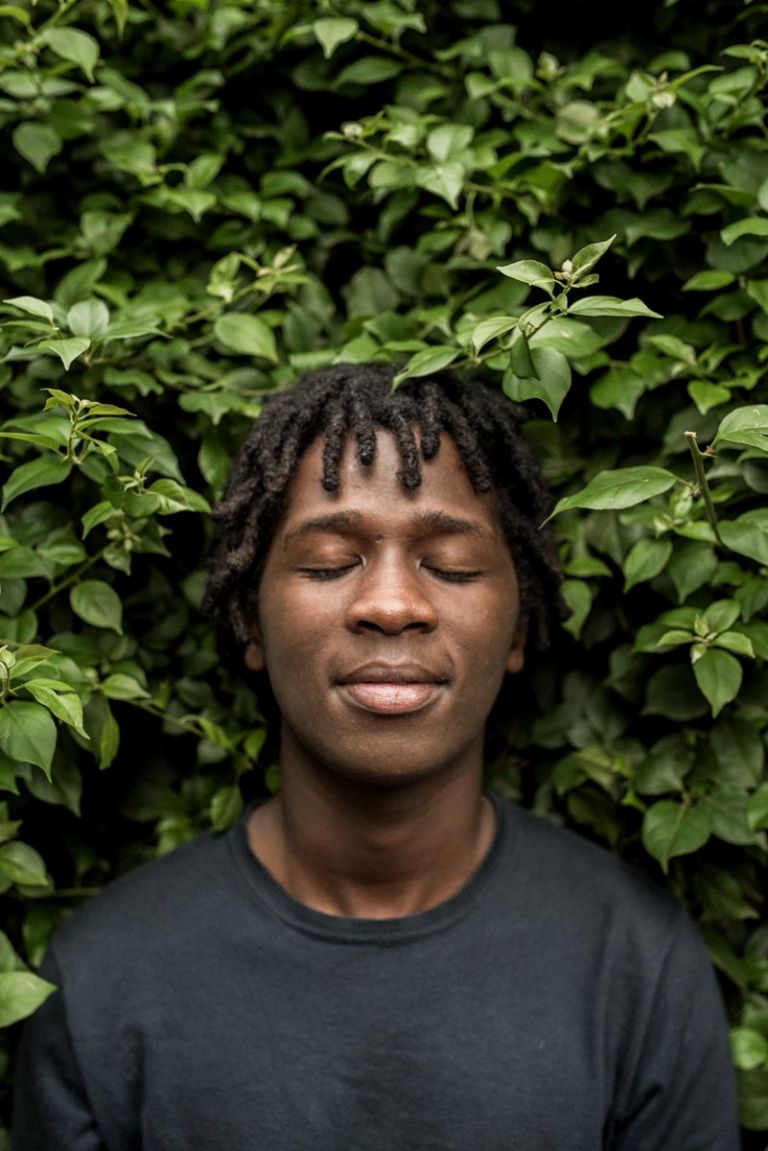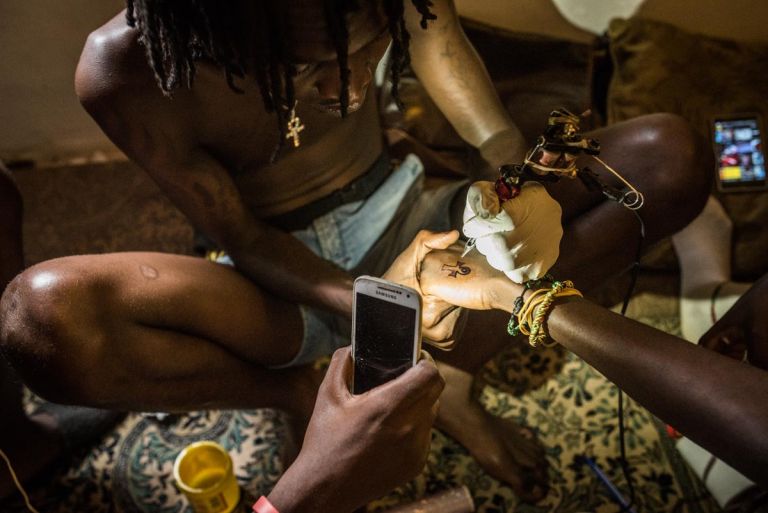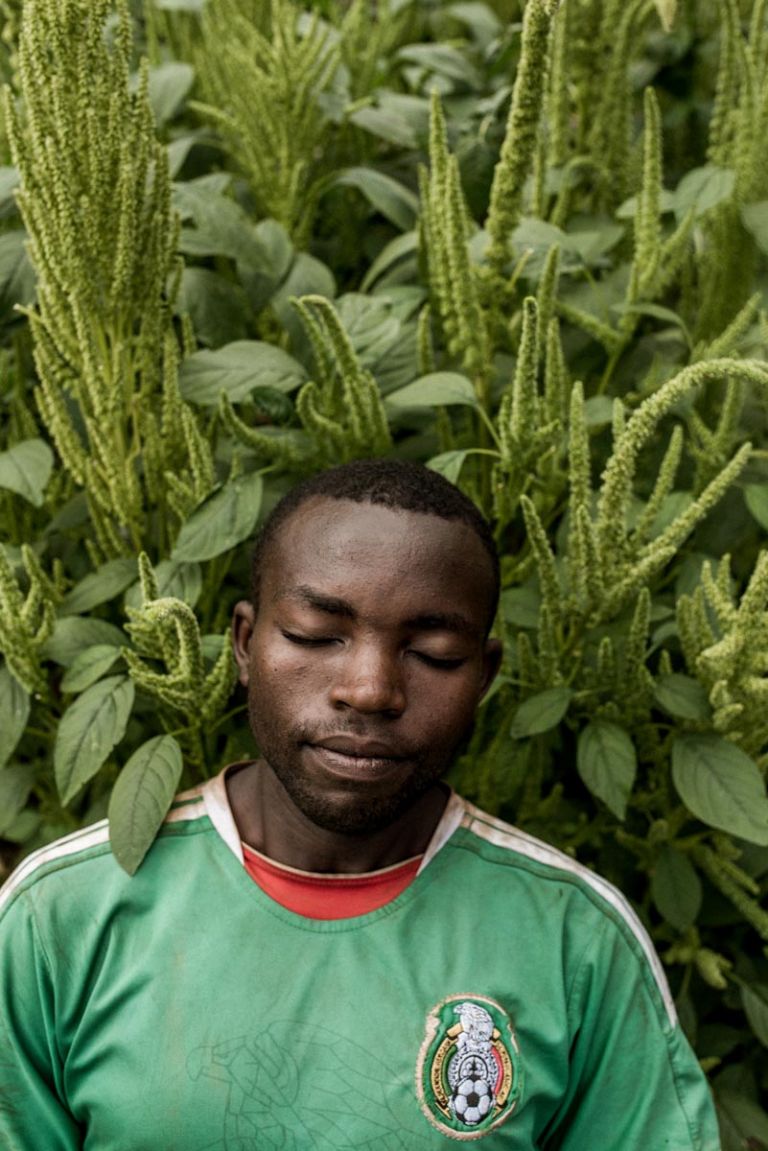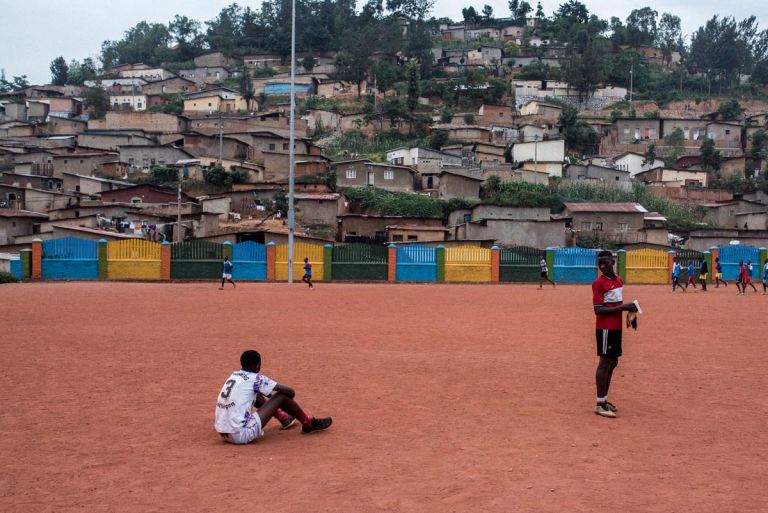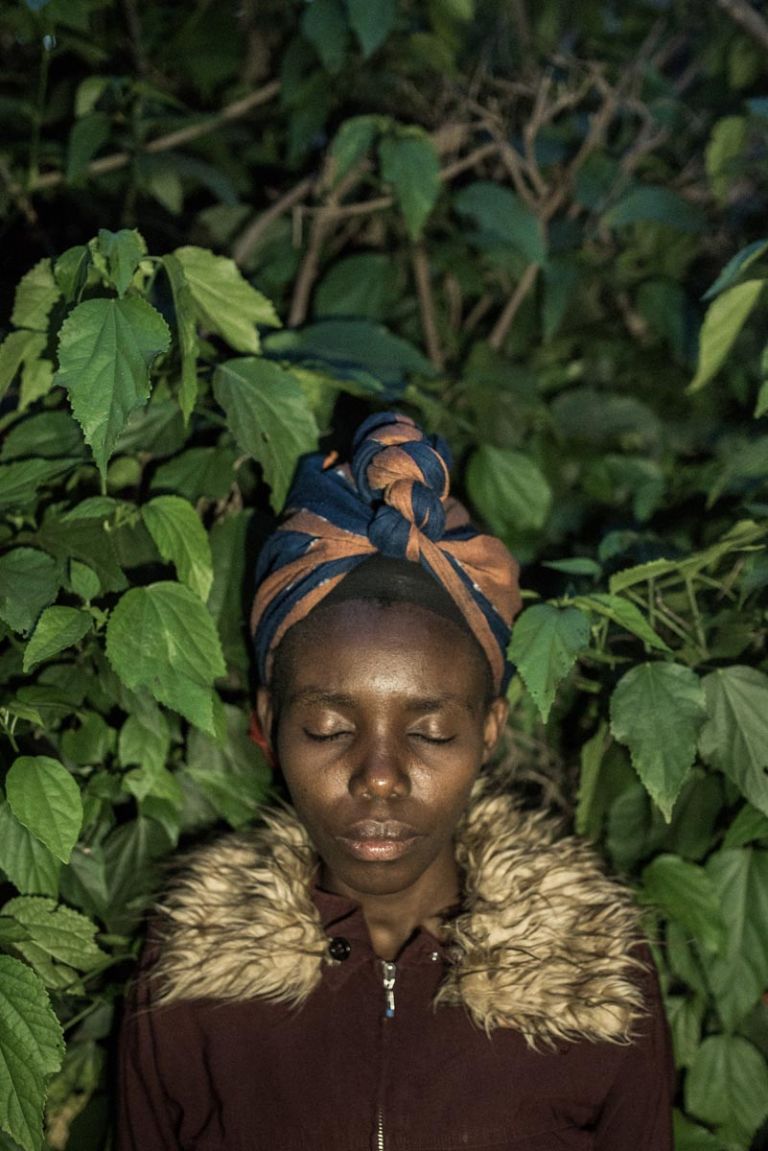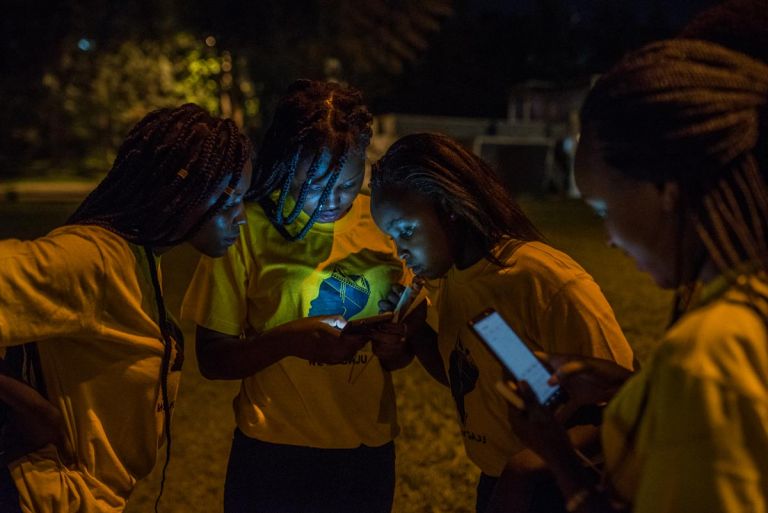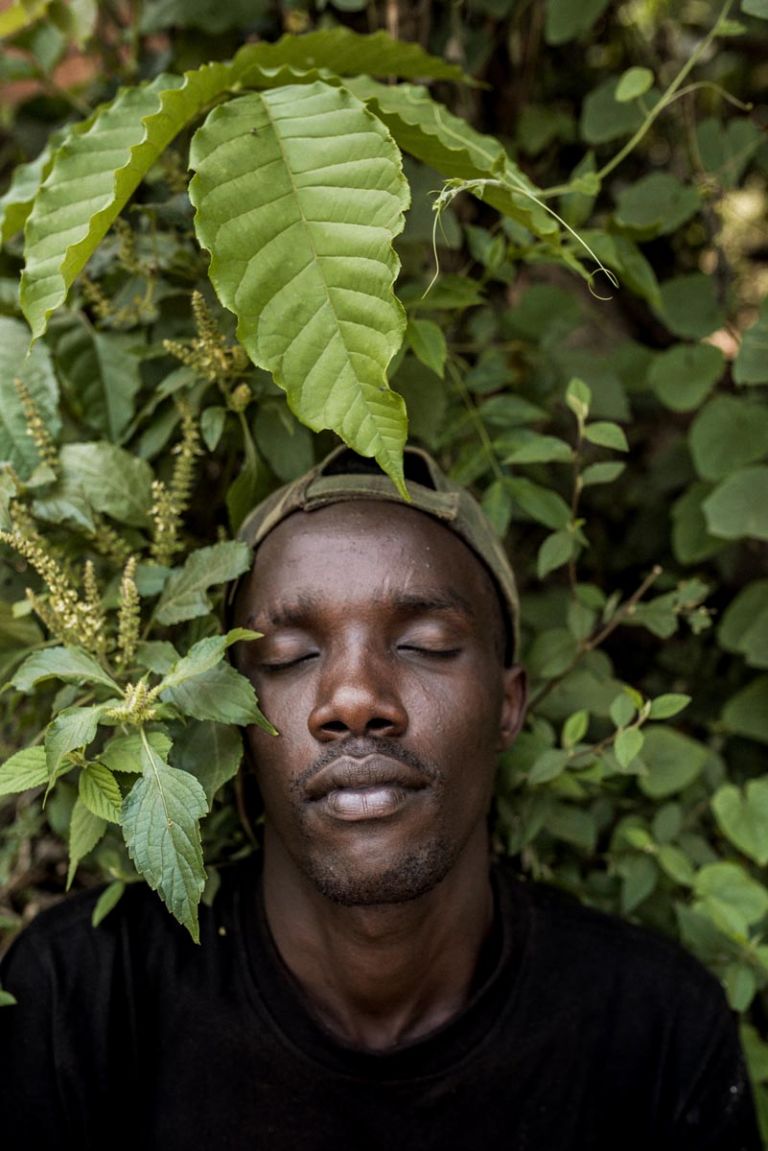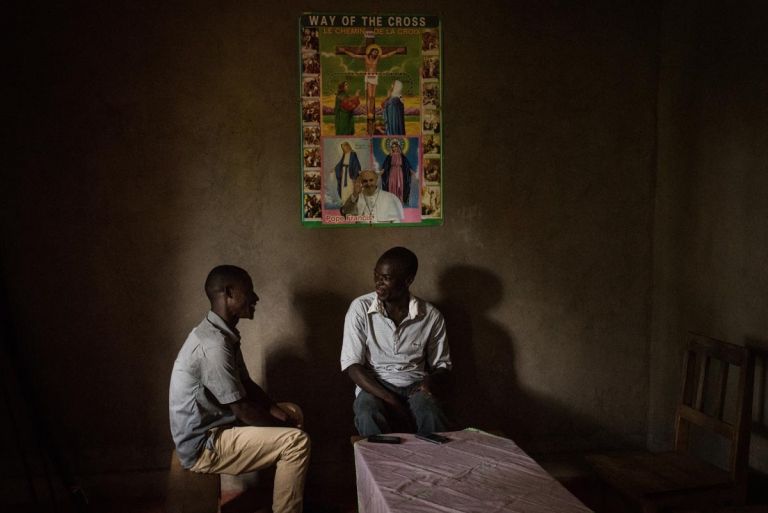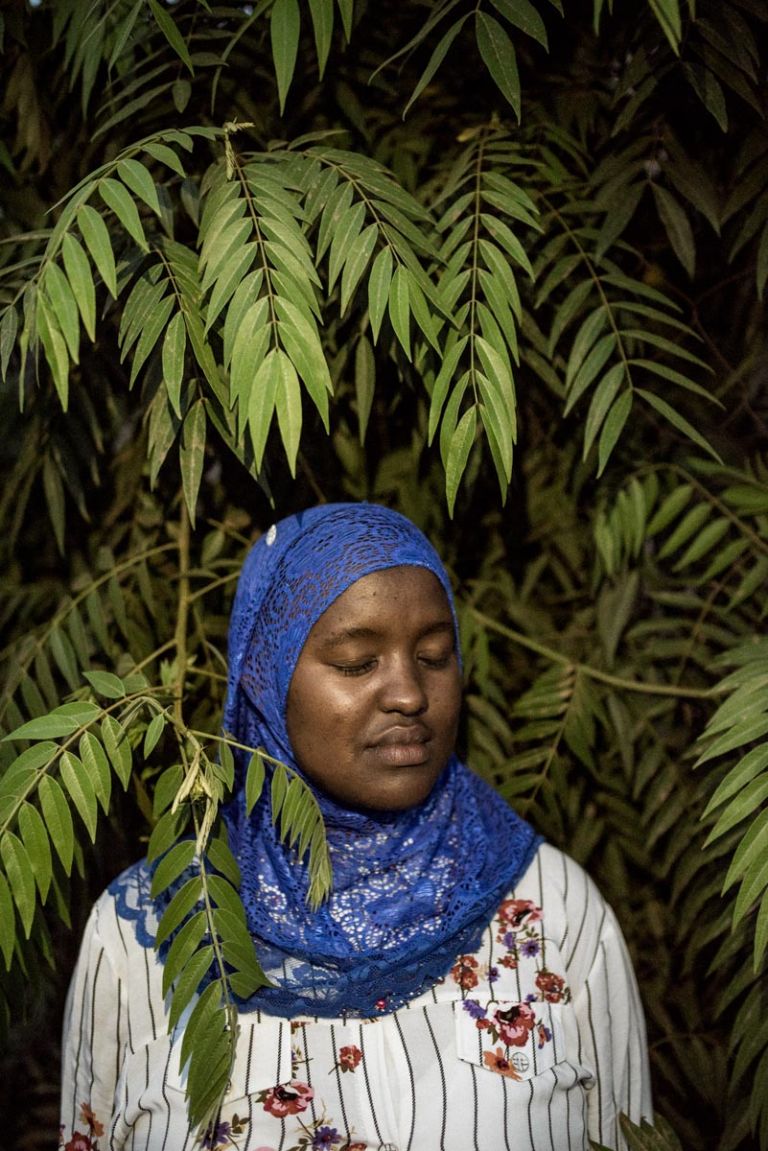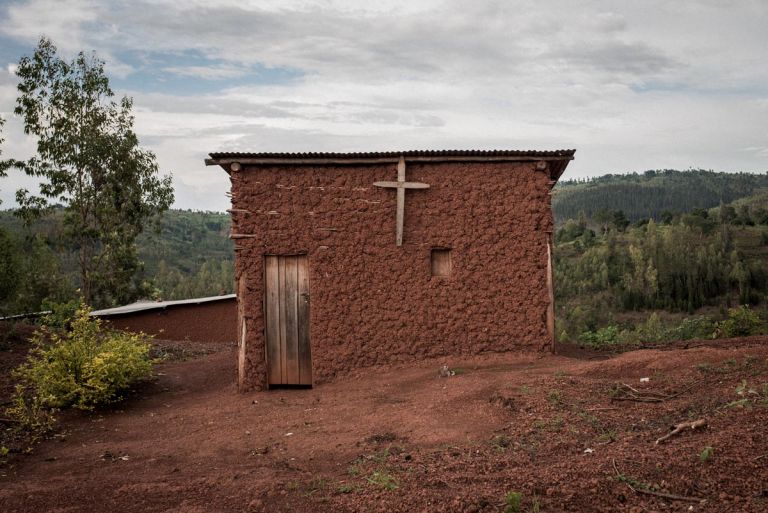After the 1994 genocide against Tutsi that tore Rwanda apart, a new generation of Rwandans is building a country devoid of notions of Hutus and Tutsi heritage and focused on shining on the African and international scene through peace-building programs, a prolific cultural scene, and innovative entrepreneurial projects.
Young Rwandans hold their country’s future in their hands since 60% of Rwanda’s population is less than 25 years old.
Initially inspired by this notion of forgiveness and reconciliation in the Rwandan society, it is the desire to understand this coexistence that made me travel to the land of a thousand hills and meet its youth.
This generation is composed of children of exiles, children of perpetrators of genocide, children of survivors, children born as a result of rape and carriers of HIV, or orphans of the genocide. They live together despite conflicting family histories and work to build a new Rwandan nation forgiving of its blood-smeared past.
Each young person I interviewed spoke of their desire to actively contribute to change in their community as a way to move past the genocide’s scars. Critical of their ancestors’ divisions, young Rwandans believe in a single Rwandan identity and promoting peace through communal work.
They focus on promoting critical thinking, mental health and the role of youth in promoting peace values in their communities through peace-building programs.
In addition to their country’s controversial past, young Rwandans face unemployment, poverty, and rising education costs, making their resilience ever more critical.
The genocide is still present through memorials and the annual commemoration period, but people want to move beyond their trauma. Their priorities are hope, resilience, and change through peace-building and critical thinking when confronted with divisive or sectarian ideas.
